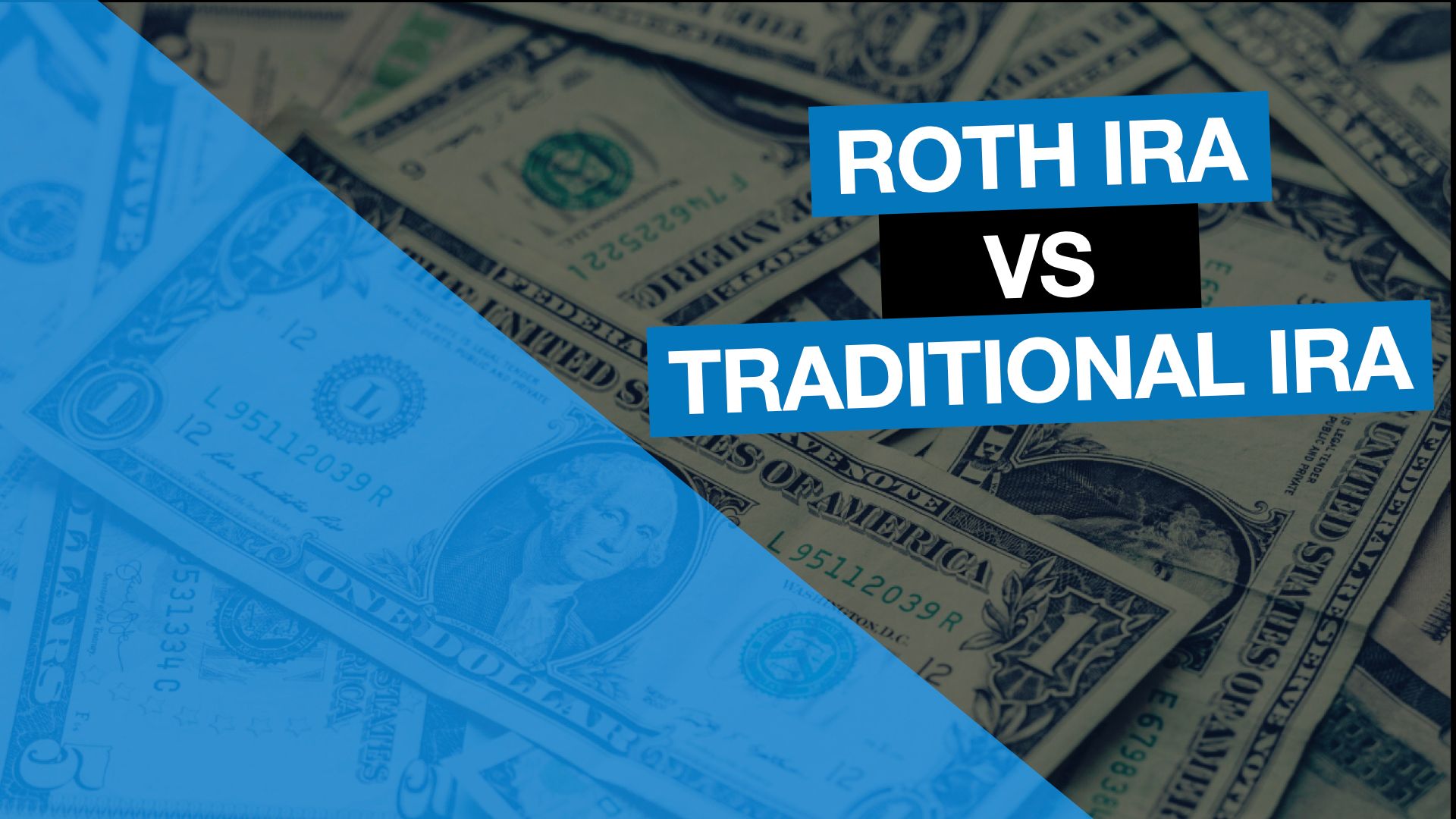Roth IRA vs Traditional IRA

- An IRA is an amazing retirement account that everyone should have if you are looking to retire successfully.
- Choosing between a traditional and Roth IRA is a big decision and can have major repercussions if you don't choose the right account for you. So here is everything you need to know.
If you watched my video about the differences between a traditional 401k and a Roth 401k, you'll already know that the main difference is when you pay tax. Either at the beginning or the end. And that same rule still applies with a traditional and Roth IRA.
- With a traditional IRA, you are contributing pre-tax dollars up-front, then when you retire you will have to pay taxes when you start withdrawing your money.
- With a Roth IRA, you contribute after-tax dollars and then you can withdraw the money tax-free once you retire.
Which is better for you?
- A Traditional IRA is generally better if you expect to be in a lower tax bracket when you retire.
- A Roth IRA is generally better if you expect to be in a higher tax bracket when you retire.
Tax rates are at historical lows at this time and with the recent stimulus spending, I believe it's only a matter of time before tax rates start rising again. However, you will never be certain of what your tax rate will be in the future, therefore that is why I prefer to pay the tax now because I don't want to take the chance on paying a higher tax rate in the future.
One major benefit of the Roth IRA is that you are able to withdraw any of your contributions at any time without penalty. Now this applies only to the money you have put in; it does not include the interest that you have earned. If you withdraw the interest, it will be subject to taxes and penalties, so I don't recommend doing that.
Another difference is that under a traditional IRA, once you hit the age of 72, you will be forced to begin taking withdrawals even if you don’t want to; there is no such rule under a Roth IRA.
Now one more thing that you have to look out for is it that there are income limits that could prevent you from being able to use a Roth IRA, and those limits are: $125,000 if you're single or $198,000 if you're married filing jointly. So, if your income exceeds those limits, you will have to default to the traditional IRA.
For both accounts, the maximum contribution is $6,000 or $7,00 if you're over 50. In my 6 steps of investing video, I said that maxing out your IRA is step number 3 on the list. Number 1 was investing enough into your 401k to get the employer match, number 2 was paying off high interest debt, so once you have gotten past those steps, you should absolutely try to invest the maximum you can to your IRA. As I said the max is $6,000 which comes out to $500 per month.
A common question I see is why should I invest in an IRA when I already have a 401k? So, you are able to open up an IRA at any brokerage company you want such as Vanguard, Fidelity, Schwab, whereas with your 401k, you are limited to the brokerage company your employer has chosen. Generally, 401k plans offer limited investment options and often have higher fees than what you could get at a company like Vanguard. So that's why I suggest maxing out an IRA first before you max out your 401k.
*Disclaimer: I am not a financial advisor. The ideas presented in my articles and videos are for entertainment purposes and not to be taken as financial advice.
